Over the next ten years, many of the nation’s maritime pilots will retire. Qualified mates can fill these soon to be available roles. Today, Women Offshore explores how to become a harbor pilot in the State of Florida.
A maritime pilot is the pinnacle of the maritime industry, a navigational expert for a port of call. She or he is a highly skilled sailor, who trains for years to maneuver ships through dangerous and congested waters. At any time of day, a pilot possesses detailed knowledge of a particular waterway, including the direction and strength of the wind, current and tide.
A pilot’s job is prestigious, rewarding, and challenging. It is a profession that is never boring or dull. Before entering a port, a pilot meets a ship, by way of a small boat, to then maneuver that ship to a berth at a dock (pier). This requires teamwork with the ship’s captain, ship’s crew, port tugs, and shore linesmen.
After speaking to a few harbor pilot associations, it came to light that approximately 50% of the nation’s harbor pilots will retire over the next 10 years. How can this demand be met? Well, by any qualified person ready to tackle the extremely difficult challenge of course.
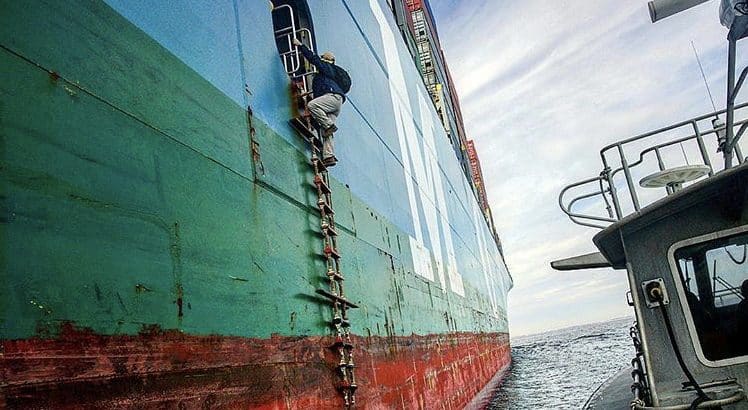
Are You Qualified?
To become a harbor pilot in the State of Florida, one must take a rigorous exam, before training for years as a deputy harbor pilot (apprentice). This profession requires a commitment from an individual who has a strong and dedicated work ethic and is willing to go through the necessary training and educational procedures to become a licensed harbor pilot. Successful candidates in recent years have studied at least 1,000 hours to prepare for the exam. Most candidates sit for the exam more than once, some have indicated registering for the exam 5+ times!
Unlike many other states in the US, Florida does not require a candidate to have sailed as a captain. Yes, you read that right. To sit for the exam, applicants must meet the following:
- Be a U.S. citizen, 21 years old;
- Have a high school diploma;
- Be physically and mentally fit;
- Drug and alcohol dependency free;
- Have at least 2 years sea service as an officer under your license
- Hold a minimum 2nd Mates or Master 1,600 ton license, a USCG licensed First Class Pilot in U.S. ports or the Great Lakes, or certain service on certain specific type of military vessels.
Qualifications can be found in Florida Statute 310 and Rule Chapter 61G14-11.002 of the Florida Administrative Code.
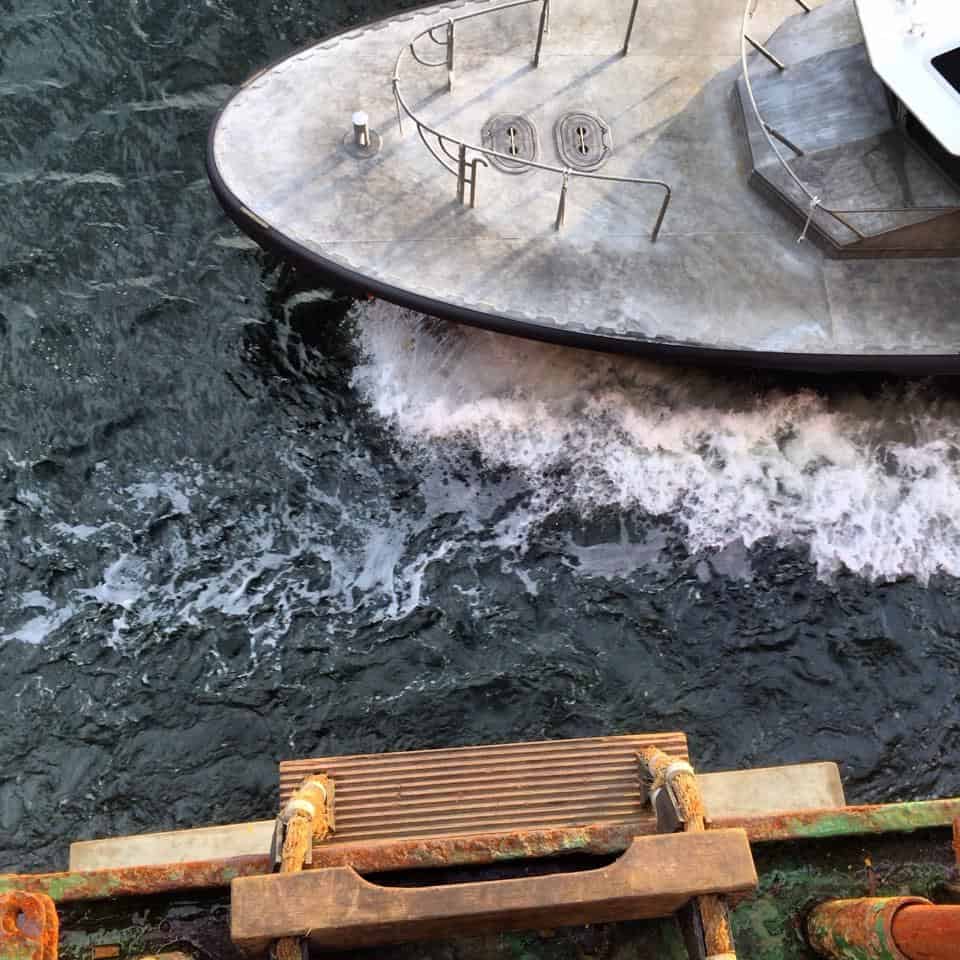
To sit for the exam, one must meet the above qualifications through an application process. With an approval letter in hand, a qualified candidate can sit for the exam, typically held in March of each year. The exam questions deal with typical merchant vessels, full-bodied and relatively low powered. This is a comprehensive, 7-part exam, and even requires a candidate to draw port navigational charts from memory.
In total, the exam takes about 5 hours and covers the following topics:
- International Rules of the Road
- Inland Rules of the Road
- Seamanship and Shiphandling
- Aids to Navigation
- Local or Specific Knowledge of the Specified Port Area
- Chart Work of the Specified Port Area
- Federal and State Pilotage Laws and Regulation
After the exam results are thoroughly reviewed, the Board of Pilot Commissionars identifies the five highest-scoring candidates for each port. Once the five individuals are established for each port, the secretary appoints one individual for each port as a deputy harbor pilot. While this apprenticeship is determined based on the candidate’s scores and other qualifications, typically, the person with the highest score for each port is chosen.
The deputy harbor pilot is then sent to their assigned port to be trained by the local member association. Training varies from port to port and typically takes two years to complete. The Department of Business & Professional Regulation (DBPR) and the Board oversee the port-specific training programs and monitor the deputy’s training. Upon completion of the training, the DBPR and Board re-examine the apprentice. Only after this process is complete can the candidate receive a state harbor pilot license.
Are there any female pilots?
It is reported that women make up just 2% of the Maritime Industry, so it should not take anyone by surprise that in the State of Florida, there are presently two female pilots out of 95 total.
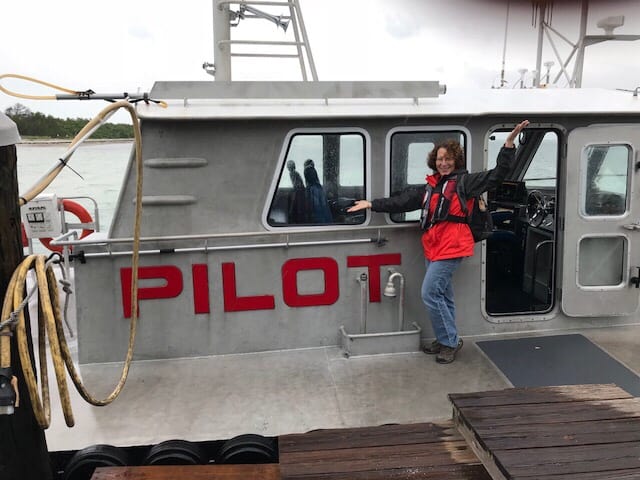
Meet Captain Carolyn Kurtz, a Tampa Bay Harbor Pilot. She is one of the two female pilots in the State of Florida and a 1986 graduate of the United States Merchant Marine Academy. Before becoming a pilot, Carolyn sailed as third, second, and chief mate, mostly on crude oil tankers. She earned her unlimited Master’s License in 1993 and has been a harbor pilot for 22 years.
For Carolyn, becoming a pilot was an opportunity to work on the water while raising a family. “My reasons for becoming a pilot were twofold. I knew that I eventually wanted to have a child, and I recognized that I was unlikely to have the opportunity to sail as a captain before that. Becoming a pilot meant that I could have a closer to normal home life while still being able to work on ships in a command position—all in a 2 week on/2 week off rotation. The best of both worlds!”
Every day is a dynamic experience in Tampa Bay. Thanks to severe weather that changes quickly, Captain Carolyn’s job is both challenging and exciting. She has handled a 960-foot cruise ship in 60+ knots of wind, piloted and docked ships “completely blind in dense fog,” and has been carried away to another port because it was too rough to safely disembark. These are just some of the experiences Captain Carolyn will never forget.
Work Hard because YOU can do this!
If you pursue the career path of a harbor pilot, there is no doubt that you will find it extremely difficult, daunting and challenging. Do not be dissuaded by the task of getting through the exam. Many have been successful over the years thanks to perseverance and hard work.
Below is some advice from Captain Carolyn to help you get started:
- Visit the port you are interested in first. Be sure it is where you want to live, ride some ships so you can see what the waterway is like, talk to a few pilots. So many people just focus on the exam, but each port is unique and not necessarily the right fit for each person.
- Once you have decided which port(s) you are interested in, be sure you have the time needed to properly prepare. There is some agreement that around 1,000 hours is a good place to start.
- Talk to the most recently accepted pilot in a port, who will have the freshest memory of what they did to be successful.
- Divide the chart(s) up into small sections to make memorizing the area easier.
- There is a reading list in the application package. Everything on it is fair game.
Challenge Accepted!
 Are you ready to give the exam a try? First, a deputy pilot opening must be available. In 2018, there were deputy pilot openings in Port Canaveral, Tampa Bay. Palm Beach, and Port Everglades. Deputy pilot openings are typically announced in February and October by the Florida Department of Business & Professional Regulation. Some ports may have more openings than others. To find out which ports will open their programs view the announcement board. When an announcement is made, instructions will also be posted to submit an application to sit for the exam. Typically, the exam is held in March each year at an undisclosed location.
Are you ready to give the exam a try? First, a deputy pilot opening must be available. In 2018, there were deputy pilot openings in Port Canaveral, Tampa Bay. Palm Beach, and Port Everglades. Deputy pilot openings are typically announced in February and October by the Florida Department of Business & Professional Regulation. Some ports may have more openings than others. To find out which ports will open their programs view the announcement board. When an announcement is made, instructions will also be posted to submit an application to sit for the exam. Typically, the exam is held in March each year at an undisclosed location.
Women Offshore encourages you to reach out with any questions about the piloting profession in Florida, especially if you have any concerns regarding the application process. The Florida Harbor Pilot Association takes an active role in promoting the profession of piloting to interested maritime professionals and cadets. Please contact (850) 224-0219 or [email protected] with any questions or concerns.

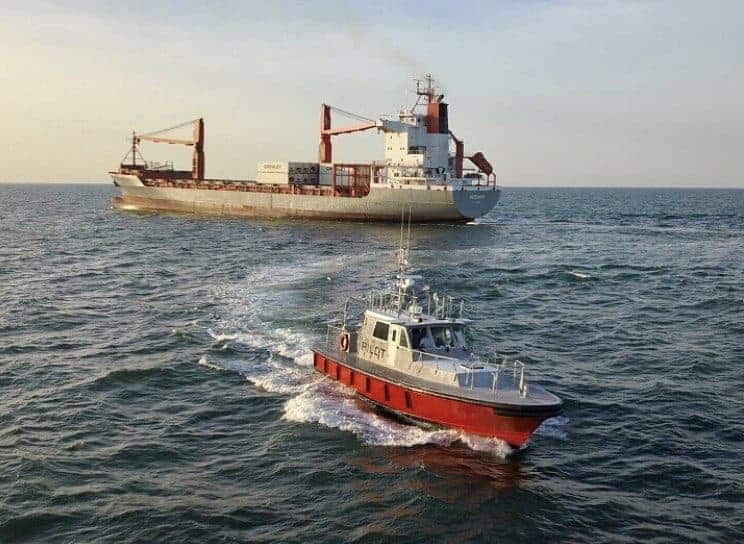



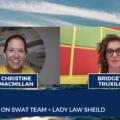
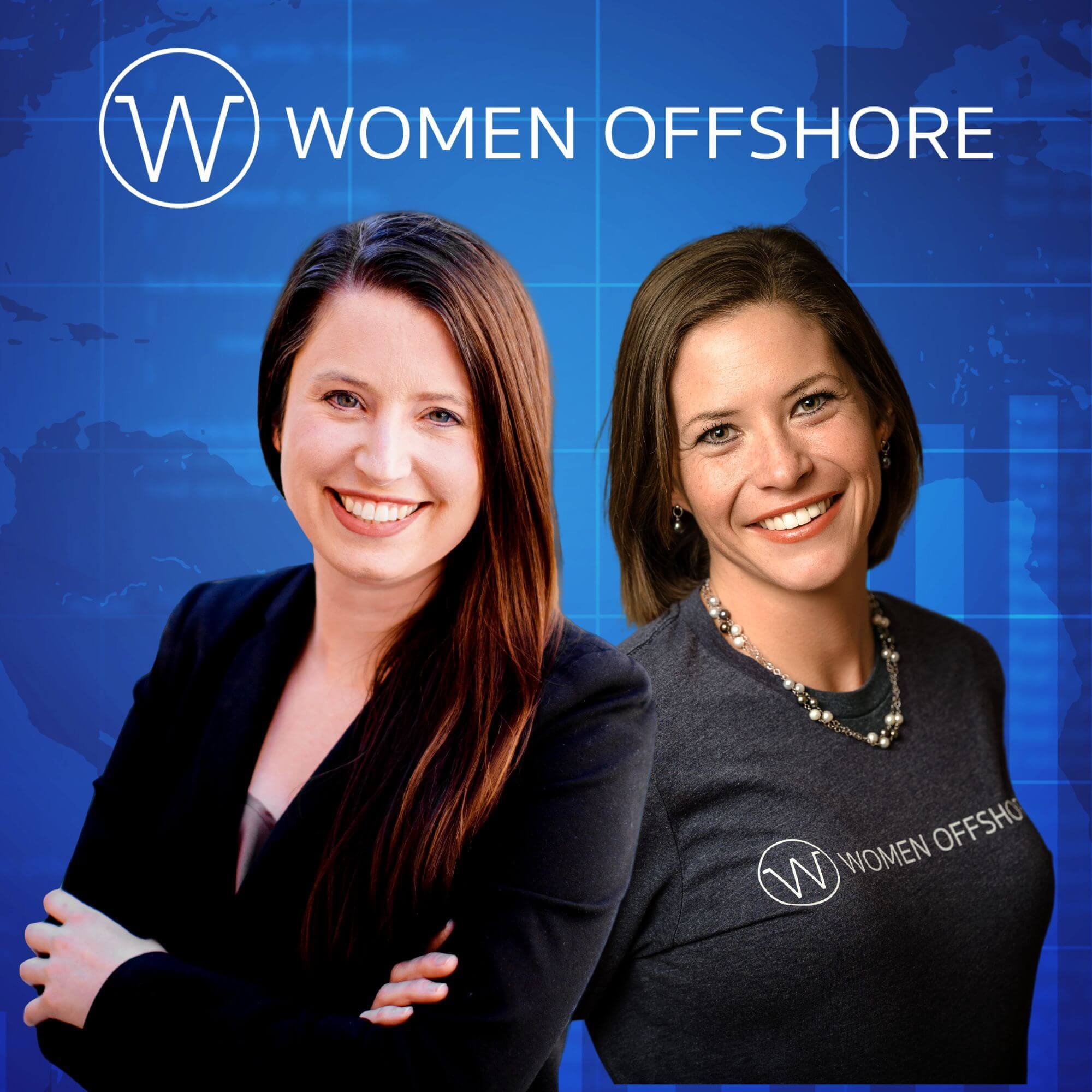


Recent Comments